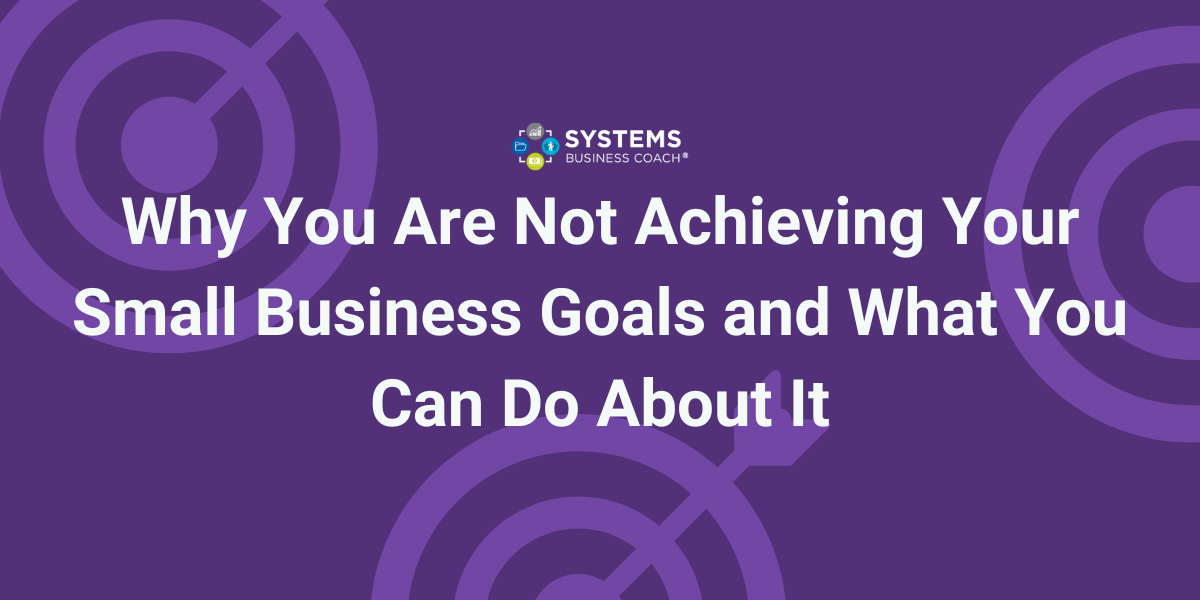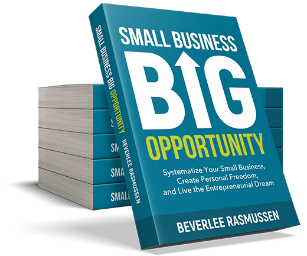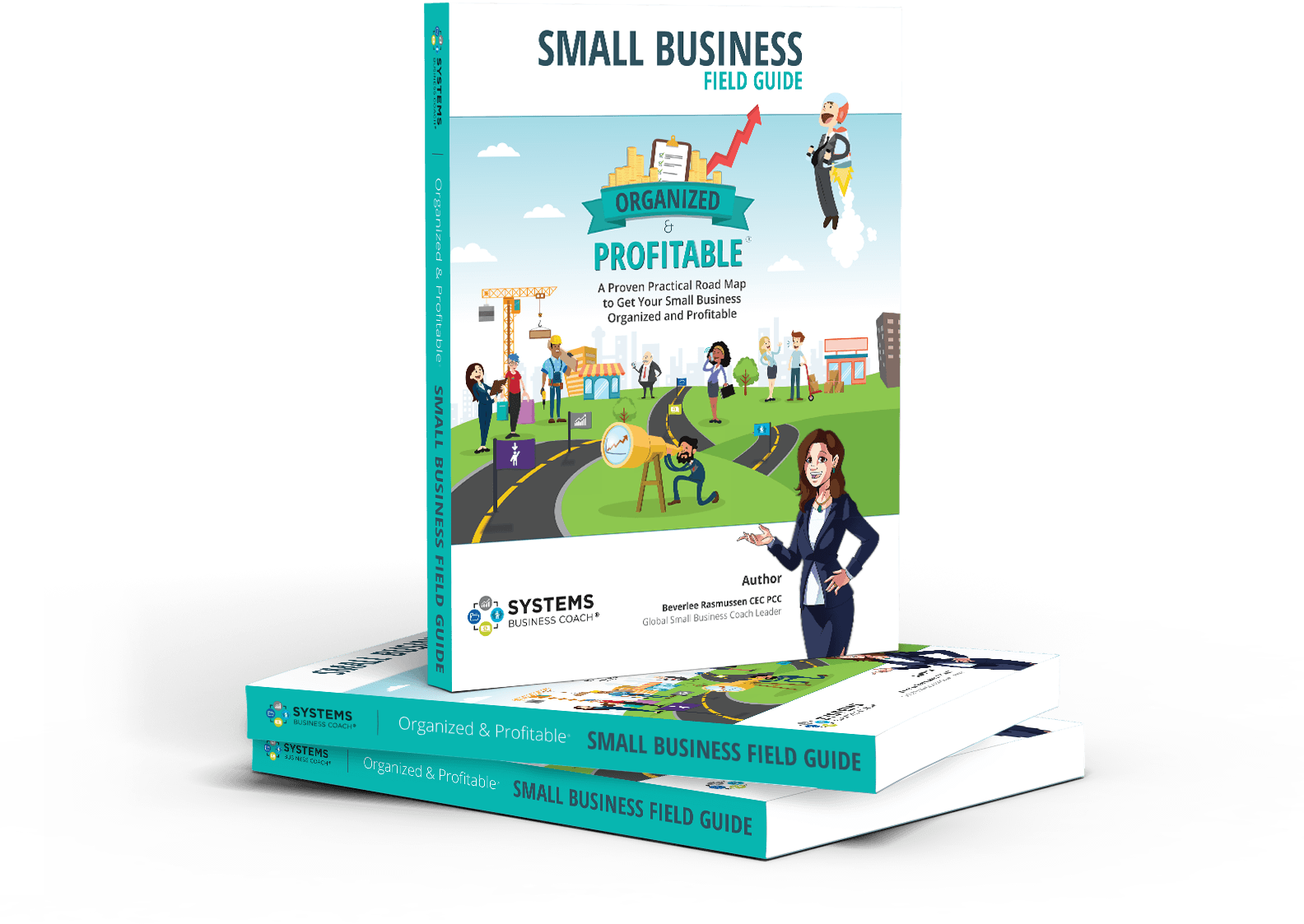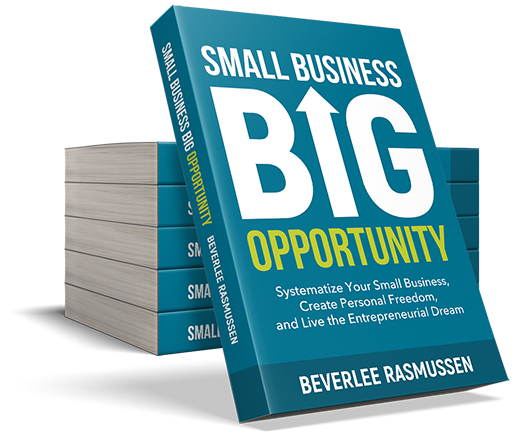My client Dan is an electrical contractor. His company retrofits old factories with newer, more efficient technology. He sells his clients on the service, then hires subcontractors to do the work.
At the start of a weekly coaching session, I asked Dan a question.
“What do you want to take from today’s meeting?”
“I need to simplify things so I can achieve my goals,” Dan said. “Everything basically boils down to my bigger goal. And it’s less tangible than you think.”
“Try me.”
“Well, my real goal is I don’t want to feel as much stress. On a scale of zero to ten, I want to be at two or three most of the time instead of eight or nine.”
Like most entrepreneurs, he was stuck in a state of fight-or-flight and exhausted from the stress.
“What specifically would reduce your stress level?” I asked.
“Greater consistency in my business. Which means money in the bank. Consistency in sales to keep the financial pressure down. Consistency in knowing my team is on track, that they all know what they’re doing so I don’t have to worry. I can come and go, and it won’t matter.”
Dan paused for a moment. When he spoke again, he sounded hopeful. “Now that I think about it, I can see how consistency starts with me. I want to feel less stressed about everything, from having enough money in the bank to trusting my team. That means putting time into the operations and the systems.”

“How much do you want in the bank? This is where a tangible goal enters.”
Dan was quiet again.
“Right now, how much money in the bank would make you feel comfortable, safe, and able to sleep at night?” I said. “Well, I always recommend at least three months of operating costs in the bank.”
“I have over a year’s worth.”
“You still sound worried. Why?” I asked.
“It’s still not enough to make me feel relaxed and confident. I only have twelve thousand dollars in recurring revenue each month. The rest of my revenue is so unpredictable. It’s been like this for years.”
“Why did it stop at twelve? What do you need to do to get that to fifteen or twenty thousand? Whatever that is, accomplishing it may give you the consistency you desire.”
What can you do to achieve your goals?
There is a lesson here for every entrepreneur. You can set a goal, but just writing it down doesn’t make it mean something. That goal has to mean something to you personally. It goes deeper than just, “I want to have a hundred grand in the bank.” Why do you want a hundred grand? “Because then I can sleep at night.” That’s the real meaning of your goal. The outcome of the goal means something to you—it directly impacts your life.

A goal is a target. What do you need to have in place to hit it?
Most entrepreneurs just want to be happy. They just want to make enough money to take the issue of money off the table, whatever that means to them. And they want the personal freedom to come and go as they please. They also want respect—they don’t want to look bad in front of customers, friends, or family.
What do your goals mean to you? How do you think adding meaning to your goals will help you achieve them?
Until next time, enjoy your Entrepreneurial Journey!

The Small Business Field Guide
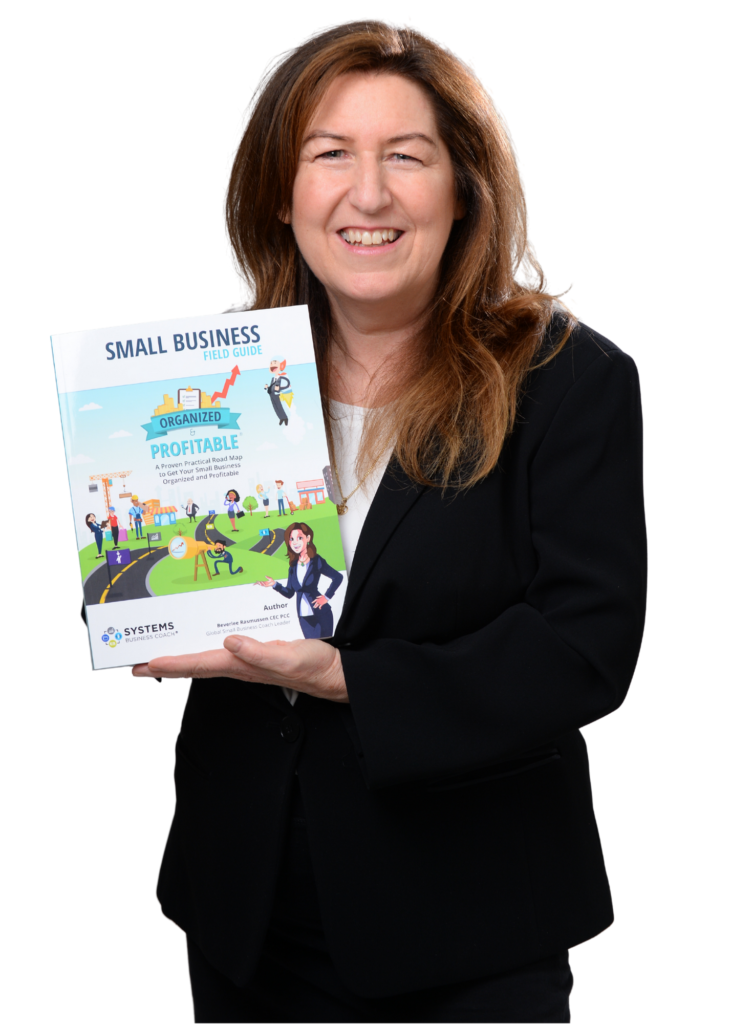
Never before has the challenge of running a business been addressed so thoroughly and clearly.
“I’m a huge fan of having a tangible workbook. The strategies have an impressive perspective.” – Brenda, R.

